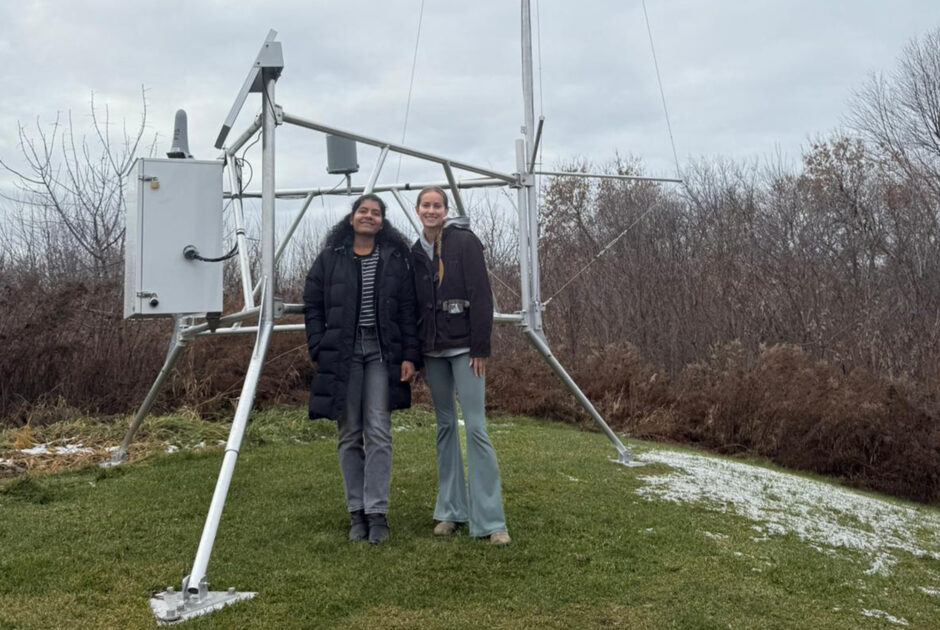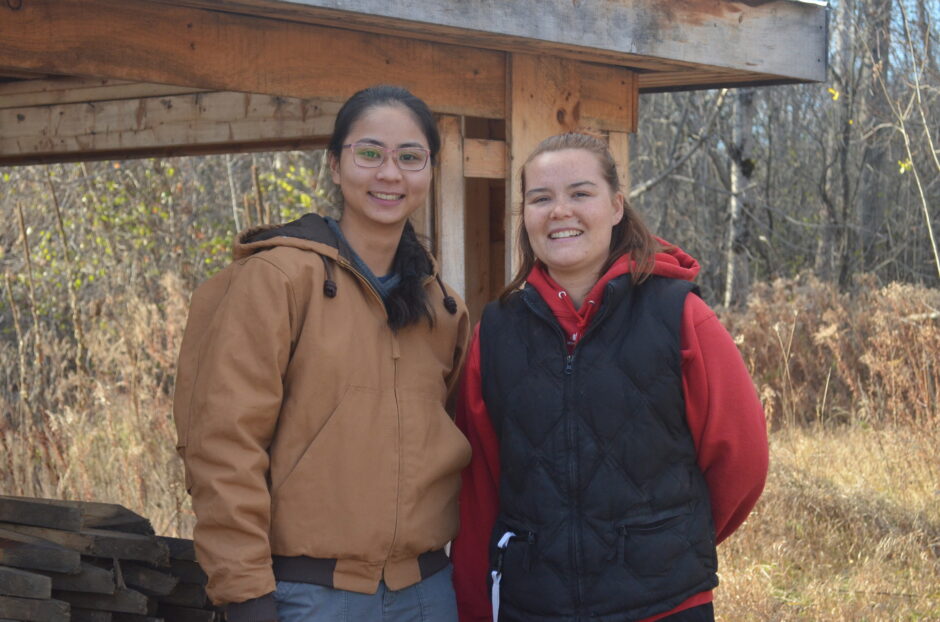How did we become so desensitized to overt violence?

A stranger walked through the Algonquin College parking lot and threatened to shoot up the Woodroffe campus on Oct. 12, some time before noon. I was sitting in a stairwell with 10 colleagues when the news reached us. But it didn’t inspire fear or anxiety. At all. Only one of us reacted with the despair someone threatening to kill should receive. For the rest of us, it was straight on to discussing lunch.
That’s when it hit me. We have become truly desensitized to violence and death.
The last time news of violence or death really moved me was probably when the dastardly Al-Qaeda flew planes into the Twin Towers over two decades ago. That was a worthy reaction to obscene violence – shock, anger, fear and anxiety. I remember staying glued to the television for days. I was almost exactly on the opposite side of the world – it affected me not – and yet I remember it striking my heart with fear and sorrow.
Ironically, what followed played a huge role in desensitizing me to violence. With the U.S.-led invasion of Afghanistan, casualty reports became regular news fare. We followed them for a while, rejoicing when it was an evil Al-Qaeda operative, and mourning when it was an innocent child. We protested collateral deaths in horror. But it became so common that in a few years it stopped moving that part of us that makes us human – we stopped feeling. I could soon watch a live news broadcast of 40 people being killed while having dinner and go to the movies immediately after.
We had long believed it was video games made that us violent and desensitized us. That’s what my parents still tenuously believe, but that myth has long since been debunked. On the other hand, exposure to excessive violence early in life can make us emotionally desensitized in early adulthood.
But that still doesn’t explain this weird middle ground we exist on. Most of us are still empathetic people. The death of grandma still moves us, and we will open our purses and hearts for the local charity, but a school shooting doesn’t. Not anymore. Sure, we will talk about it and change our social media display pictures. But it does little more than that.
By the third school shooting in America, it didn’t make me nauseous imagining a 10-year-old being shot at point blank range. I didn’t feel sick reading accounts of parents getting a call at work that their kid was not going to make it home. Thinking about that now in retrospect makes my heart bleed for the kids and the anguish the parents go through. It makes my blood boil at the insufficiency and injustice of it just being another news cycle and will be forgotten in a week. And despite all this, when it happens again, I don’t feel.
Is it because today violence permeates our lives so deeply and regularly, our innate reaction is to avoid it? Our default is to protect ourselves from emotional distress, and with emotionally distressing news drowning us daily, our minds subconsciously run from it.
But the people who report on it make a living off making us empathize. And to truly empathize, you need pedantic visual and graphic details and it isn’t considered iniquitous anymore. But we don’t want to have those feelings. Ever. And yet, because we live in a world that’s so connected, there’s no escaping the news. Ever.
So even though we stoically avoid it, we receive it in headlines and blurbs nonetheless. On Twitter, Instagram and billboards. Devoid of all detail, but enough to know someone died or got shot. But devoid of detail, it doesn’t evoke the same response. It feels…normal. Because headlines are dehumanizing. A headline says “School shooting in Texas. 3 dead.” They are numbers and statistics, never feelings. And numbers are inanimate, while feelings are human. Is it any wonder then that we don’t feel the way we all believe we should be feeling?
Or is this just our generation’s coping mechanism? Because we know that if we did feel as we should, it would utterly consume us. It brings to mind something Barney Ross – played by Sylvester Stallone – says in the movie The Expendables 2. “That’s how we deal with death. We can’t change what it is, so we keep it light until it’s time to go dark.” And if I’m being honest, it works. It keeps us effective, and we continue to live and work, ignoring what we can’t change.
This approach can sometimes be beneficial. In the case of the threat made on campus, it amounted to nothing. When police were contacted, they confirmed that the person had been “spoken to and escorted off the property without incident. No charge was laid.”
But I wonder what that says about us as a society and species who have attained this stage of modernity through collaboration and empathy between each other. Is that where we stand today then – partially informed, physically awake but fully dead inside? Is this the true victory of violence? Not the lives lost, but our indifference to it.








